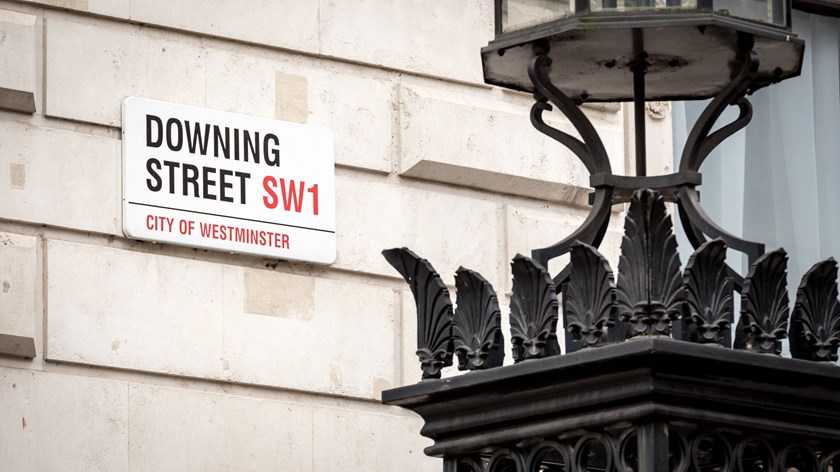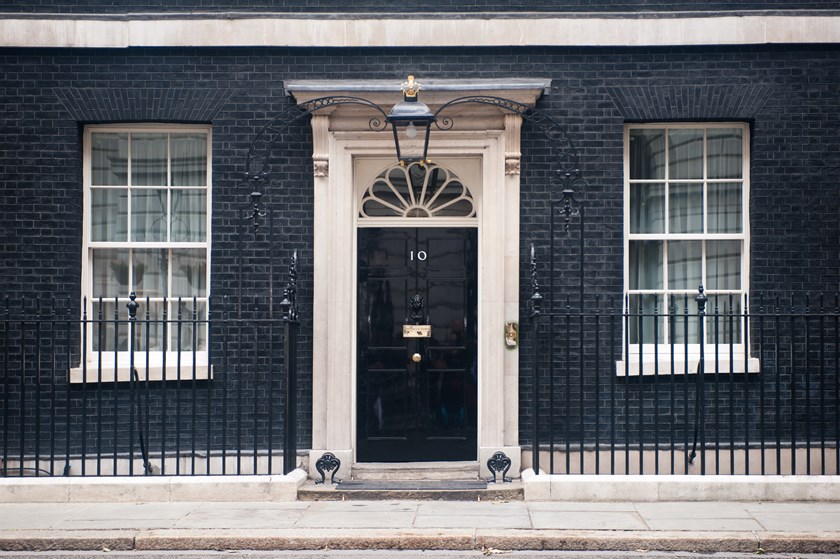Tax tips for property transactions
News

Many charities' properties are their most valuable and important asset. As well as being financially valuable, a charity's property is often central in enabling core charitable activities to be carried out. The inherent value of property means that any property-related tax charge can have a significant impact on a charity's financial wellbeing and ability to carry out its objectives.
Whilst charities benefit from a range of specific exemptions in the UK tax system, there is no blanket exemption provided to charities from all UK taxes, which can lead to particular complexities in the context of property. Moreover, even where exemptions and reliefs are available, returns and other compliance steps will need to be followed to avoid tax penalties. Two taxes in particular can be particularly troublesome if not properly addressed at an early stage of a property transaction, as explained further below.
Stamp duty land tax
One of the more obvious taxes for charities to contend with in a property context is stamp duty land tax (SDLT). Any acquisition of an interest in land in the UK is potentially within the scope of SDLT, but charities are eligible for relief in certain circumstances. Generally speaking, a property acquisition by a registered charity will qualify for exemption from SDLT as long as there is no specific intent to re-sell and provided that the charity intends to hold the majority of the property for charitable purposes.
Given these conditions, charities should be aware of the potential SDLT risks where the property in question is not used sufficiently for charitable purposes. In addition, trading subsidiaries of charities do not benefit from any particular SDLT exemption or relief, meaning that charities should carefully consider how to structure a subsidiary property purchase to achieve an SDLT-efficient outcome.
Importantly, charities should note that even if relief is available, this is not automatic and an SDLT return must be submitted to claim it. This will even be the case in instances where a charity may not naturally assume relief needs to be claimed, such as where the charity receives the property in return for nothing obvious (perhaps in the context of a reorganisation or on a transfer by way of gift). This is because SDLT legislation contains specific rules that impute a purchase price equal to the market value of a property if the parties are connected (for example, if they are within a charitable group or if the transferor is associated with the charity).
Even though no SDLT may ultimately be payable (assuming charitable relief is available), a penalty would be incurred if an SDLT return is due but not filed within 30 days of the transfer. As a result, charities should always verify their SDLT position on acquisitions of properties, even where they anticipate no SDLT being due.
Value added tax
Another common sticking point for charities in a property context is value added tax (VAT). Unlike many other taxes (including SDLT) which provide general tax reliefs for charities subject to certain conditions, VAT law contains no such comfort.
VAT's anomalous position as regards the lack of a general charity relief stems from the fact that the tax is assessed on a supply-by-supply basis and not by reference to the nature of the entities involved. As a consequence, if a charity supplies or receives certain types of goods and services, VAT may well be chargeable. Although land and property interests are not automatically one of these types of supplies (since the default position is that they are exempt from VAT), property owners are generally able to opt to charge VAT on non-residential properties, thereby bringing them within the scope of the tax.
Many property owners will have very good reasons for opting to bring a property within the scope of VAT, since doing so may enable them to recover VAT incurred by them in relation to the property. However, this can have implications for charities buying such properties since a charity that is liable to pay VAT on a property may find that the VAT is irrecoverable for it and can therefore add significant extra costs. This will be of particular relevance if the charity does not make any supplies on which VAT is charged, or if it makes VAT exempt supplies, such as education or medical services.
Against this background, one valuable option for charities purchasing properties that are opted to tax (or incurring costs relating to such properties, such as construction work) is to certify that the property is to be used only for relevant charitable purposes (RCP). If an RCP certificate applies, any option to tax over the property will be disapplied (taking the property back outside the scope of VAT) and certain services supplied in connection with the property can be reconfigured for VAT purposes such that they will carry no VAT cost for the charity.
However, as with SDLT, this treatment is not automatic and charities must take steps to issue a certificate to the person from whom they are purchasing in order to benefit from RCP treatment. In order for a charity to issue an RCP certificate, certain conditions must be met, broadly requiring that:
- the property must be intended to be used by a charity; and
- the property must not be used in the furtherance of any sort of business.
Whilst the first condition will often be clear to establish, the second can be more nuanced and may require proper investigation. In particular, use of the property as an office or charitable support function (such as HR, accounting or similar) can breach this condition. Similarly, many seemingly non-business activities carried out by charities can be classed as a business for VAT purposes. This is because HMRC construes the meaning of business very broadly in this context, potentially extending to anything done in return for something of value (monetary or otherwise). This can be the case even if supplies are provided below cost or not for profit.
Given the financial values often involved in a property context, charities should seek advice on their tax position as early as possible when contemplating a property transaction, in order to avoid unexpected tax charges. Charities should also remember that many property-related tax reliefs and exemptions are not automatic and that the charity will need to take steps to secure them and to ensure they are validly claimed. Failure to do so has the potential to cause both financial and reputational damage to charities in an increasingly tax-conscious environment.
If you require further information on anything covered in this briefing please contact James Bromley ([email protected]; 020 3375 7339) or your usual contact at the firm on 020 3375 7000. Further information can also be found on the Tax page on our website.
This publication is a general summary of the law. It should not replace legal advice tailored to your specific circumstances.
© Farrer & Co LLP, July 2016







